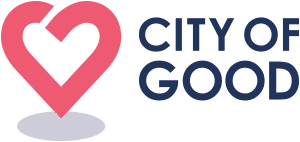In a cosy corner of Pasir Ris, The Carpenters, John Denver and ABBA are putting smiles on faces that haven’t seen many visitors since the March Circuit Breaker.
Residents of Apex Harmony Lodge (AHL), all persons with dementia (PWDs), connect with a community beyond their confines. That includes caregivers and their wards, as well as PWDs in Sabah, Malaysia. They gather in an activity hall for their Thursday music-and-movement session, which takes about an hour over Zoom.
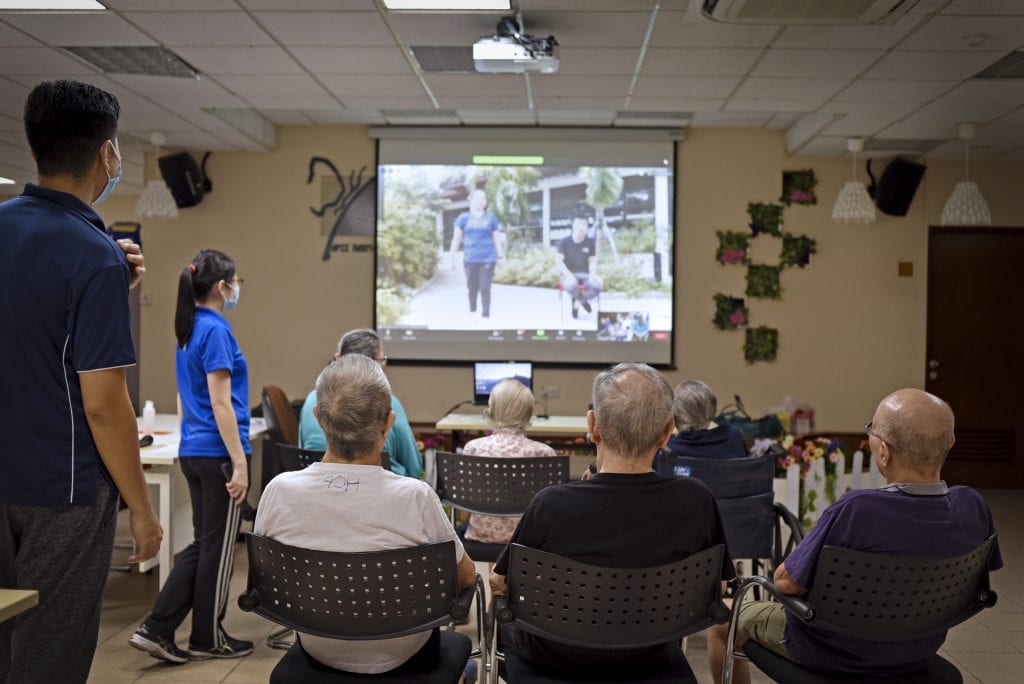
Welcome to Club MemorABLE, a programme developed as the pandemic erupted. On September 24, it launched as a social club for all PWDs offering space for them to come together, co-create and enjoy dementia-friendly therapeutic activities.
Registration is free.
Mr Ng Wei Xuan, 29, the home’s assistant manager of corporate development and community engagement, says its design was a process of trial and error. As staff set up for the Zoom session, he observed: “Two things connect people: Food and music. We now add music to all our activities. When it’s resting time, we play really calming music. And for physical activities, it’s more upbeat.”
As if to underscore his point, in the background, feedback from speakers squealed as the sound system came alive.
There’s a sense of excited anticipation, like a small pit orchestra tuning up before a performance — as much from AHL’s showrunners as residents themselves. And in a few minutes you see why.
That week’s theme, “Travel”, was meant to simulate the joy of taking a trip virtually, now that most people can’t travel physically. Residents start to smile, settling in to enjoy the weekly music, storytelling, a quiz, physical activity and, of course, singalong time.
Opening the show was Ms Rima Rasif, 52, a professional singer, who volunteers her talent weekly.
Bringing with her more than 30 years of showbiz experience — she’s played just about everywhere including discos Fire, Sparks, the Hard Rock Cafe, as well as small pubs — the self-confessed rocker took a mellower approach that morning, treating residents to The Carpenters’ “Top Of The World”, getting them to clap and sing.
Then they started preparing for a virtual trip to Hawaii, moving their arms to pack suitcases. They had to “chop” their passports and lift their arms to “place” luggage in the overhead compartment of a plane. They then danced to Teresa Brewer’s “The Hula Hoop Song”.
Later, related images of destinations, and familiar dishes, flashed onto a projection screen. Staff asked residents if they knew what “Bengawan Solo” meant, or if they could recognise the Great Wall of China, bopping to Carl Douglas’ “Kung Fu Fighting” (because, well, China).
They ended with ABBA’s evergreen “Dancing Queen”.
Ms Rima closed the session with an upbeat version of John Denver’s “Take Me Home, Country Roads”.
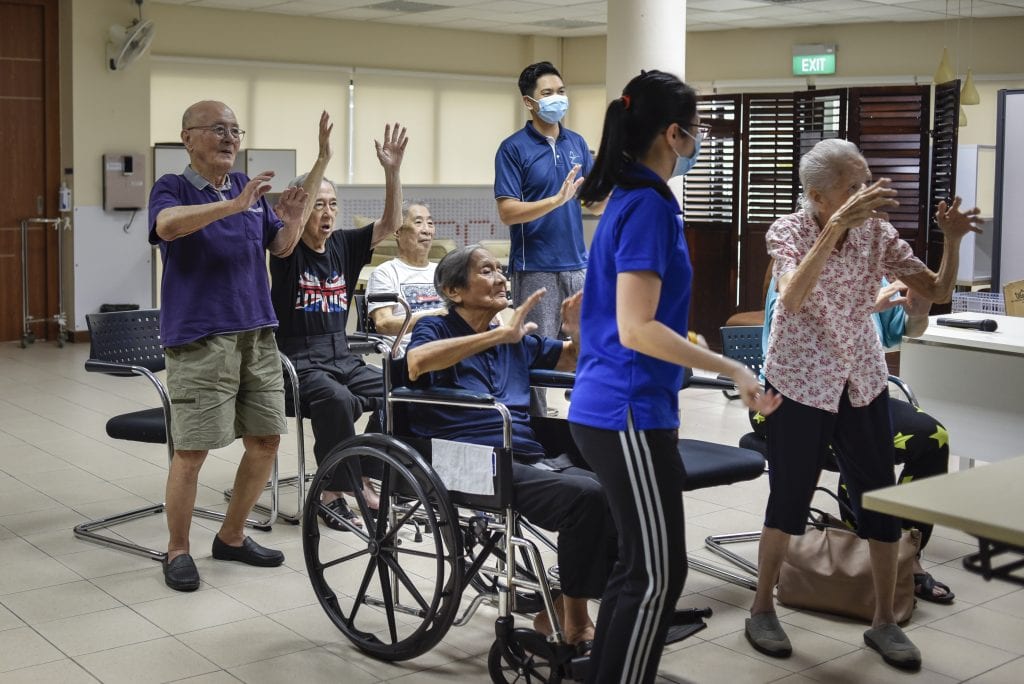
In a phone interview afterwards, she said with a laugh: “We are musicians and we don’t perform, we are really bored.”
She also teaches strum-and-sing classes, and turns to music all the time to engage her best friend, Ms Amina, 53.
She took her in after the latter was diagnosed with dementia about three years ago, noting that at first, her symptoms were hard to fathom.
Then one day, Ms Amina couldn’t tell her the time. “That’s when I got worried. I straight away took her to the doctor’s. Then we went for many, many, many tests. Because of her age, we couldn’t be sure. Finally, she was diagnosed.”
Ms Amina now lives with Ms Rima and her parents.
“How could I abandon my bestie? She can’t live on her own any more. She can’t even make her own coffee in the morning. It’s kind of sad,” said Ms Rima, who plays the guitar to her almost every day. “I switch on the radio and make her sing every day, and teach her how to count the beats.”
Ms Rima
She’s in a better mood when she’s around music.
“Growing up, she’s seen me with my bands and watched me perform. I believe that for people in Apex and the other homes, music triggers their minds. And that’s what makes me happy.”
Working on songs to fit in with the weekly themes to share with the group, she said: “It gives me a good feeling. I guess it produces oxytocin. It feels good — like rainbows and unicorns!”
Music makes the people come together
Covid-19’s impact on mental wellness, even for individuals without pre-existing conditions, has been rough.
But if activities at AHL are any indication, the good vibes left by music, and the pleasant memories that storytelling evokes, are a balm for the current 204 residents there.
Ms Rima witnessed deterioration in Ms Amina’s condition as the Circuit Breaker put a halt to her usual interaction with people. But joining Club MemorABLE gives her access to a community.
In fact, acting on the recommendation of its president who learned about the programme, Comfort Aged Care Centre in Sabah, asked if its residents could join too. So now, its PWDs also tune in.
The extension of its community is putting paid to the hard work of AHL’s staff, who collaborate on fresh themes every week. They also add a dash of silliness to the weekly play dates, with two facilitators Zooming in from an adjacent garden (simulating Hawaii) to dance along with residents.
Ms Nikki Goh, 25, the Lodge’s associate psychologist and session facilitator, said music helps to improve quality of life for PWDs, with familiar tunes triggering positive memories and unique life experiences.
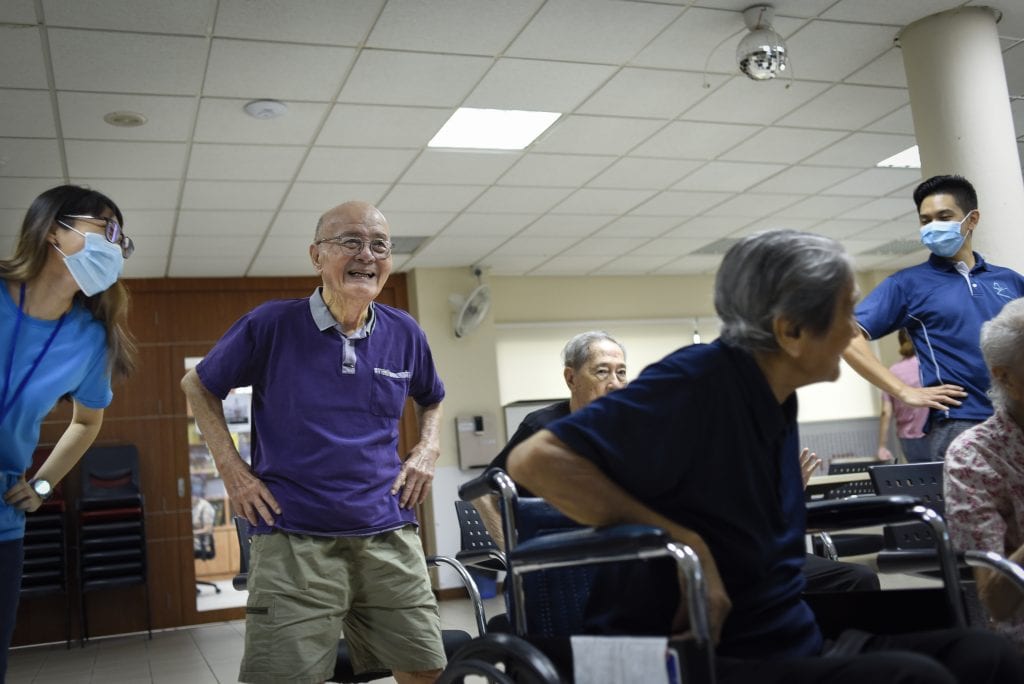
They go from passive to being quite enthusiastic. “Music improves and enhances their behaviour, their mood. After going through some programmes, we can say they are happier, [and] have fewer negative emotions,” she said.
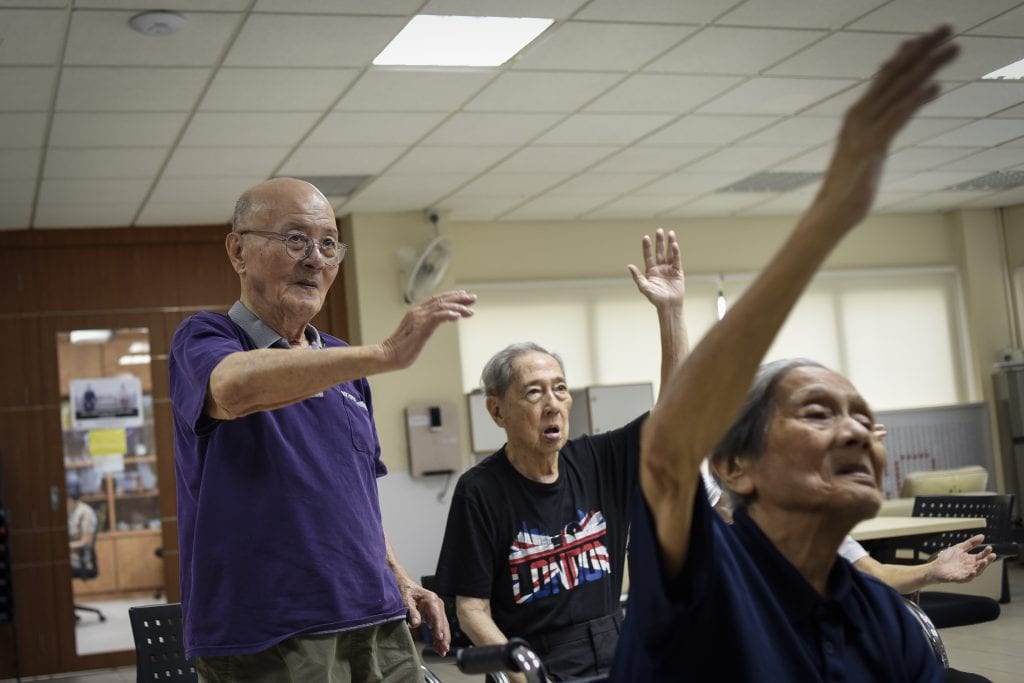
Before the pandemic, therapeutic sessions called for physical interactions, answering the need for a human, social touch. Virtual transitions meant upturning previous concepts, she added.
“We had to modify all our activities, and research activities that were more fun,” including online games that could be modified to suit the profile of AHL’s PWDs.
Driven by a person-centric philosophy that considers first the needs of an individual, then the treatment of his or her condition, Mr Ng said the Lodge focuses on its residents’ mood and engagement levels, as well as treating them with dignity.
Club MemorABLE, he added, is seeking like-minded partners who want to empower PWDs to lead meaningful lives. “In programme design for residents and clients, we usually work with partners by providing insights on enhancing their existing programmes to be more dementia-friendly.”
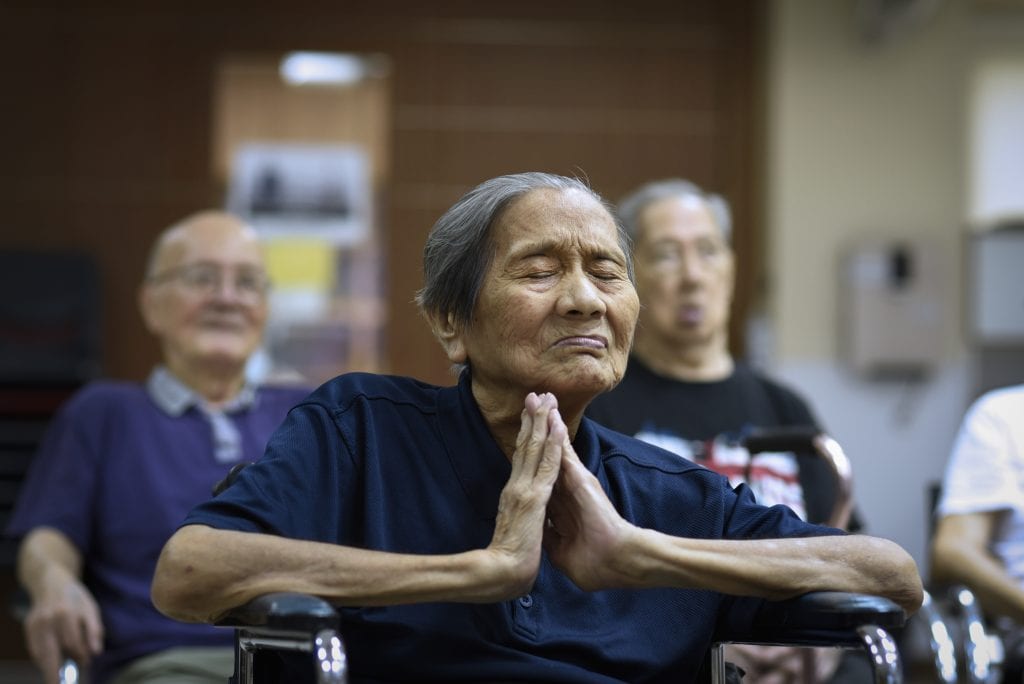
Digitalisation and getting the community more involved
With digitalisation, activities that once relied on face-to-face interactions between facilitators and residents can now include more people: caregivers, non-resident dementia sufferers who need assistance, even those abroad who need the resource.
At its outset in March, a team who’d never used digital tools before Covid-19 suddenly had to learn to quickly produce programmes. Six months in, they take two to three days to plan and curate content each week, and are building an inventory of activities that can be easily “plugged and played”.
Sessions are helmed by one main host, and one to two exercise facilitators, and a behind-the-scenes tech guy.
Initially intended for community-dwelling young onset and early dementia clients, sessions now include everyone, said Ms Dian Karnina, AHL’s psychologist and manager of community care.
The team pegs programmes to events and interests in Singapore, addressing topics relevant to its residents. “We have to find content that is relevant and meaningful to them — not too old, not too new, not too ‘kiddish’ in approach.”
Staples include physical exercise to awaken the senses, music and movement, personal and individual interaction. Therapeutic principles embedded in each session are social interaction, cognitive stimulation, reminiscence and self expression.
Ms Dian manages operations and club memberships, as well as community outreach. AHL, she said, seeks to engage different community organisations, and received funding from The Majurity Trust for equipment as well as other resources.
Eventually, Ms Dian said, its goal is to engage more who need its activities. “Hopefully, in the future, this can be done in a structured and robust manner that clients see its value, and support it.”
Photos by: Caroline Chia | Words by: Serene Goh
In partnership with What Are You Doing SG, a platform capturing the stories of people in Singapore, their challenges, collaborative nature and problem-solving spirit
